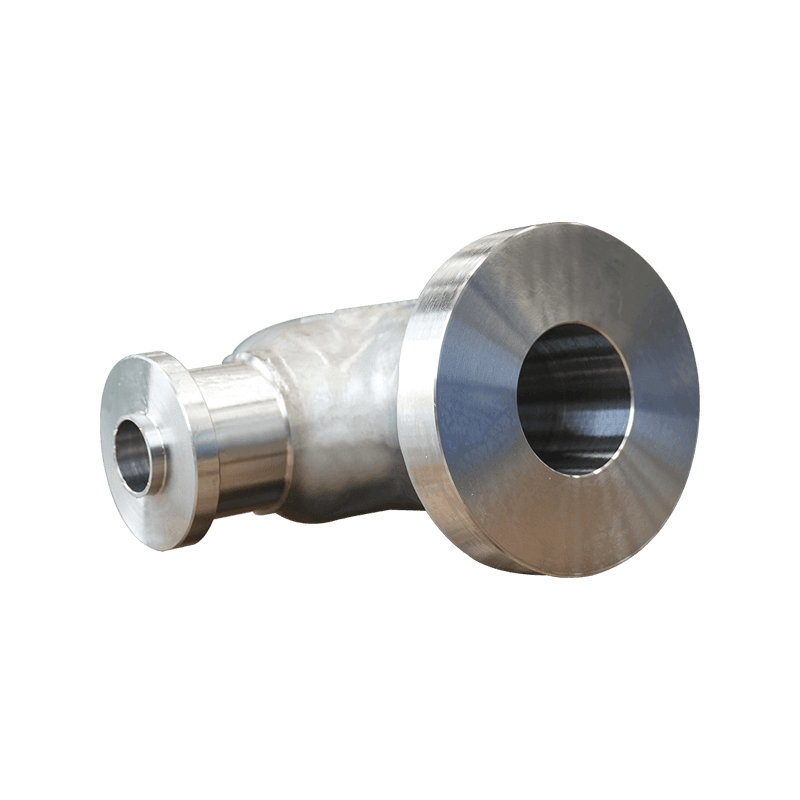Forged ball valves are a specific type of quarter-turn valve that uses a hollow, perforated, and pivoting ball to control the flow of a liquid or gas. What sets them apart is their unique manufacturing process: the valve body is created by forging a solid block of metal, rather than casting it from molten material. This forging process involves heating a billet of metal to a high temperature and then shaping it with immense pressure, typically using a die.
This manufacturing method is the key to their superior performance. Unlike cast valves, which can have internal voids or defects due to the cooling process, forged ball valves have a more uniform, dense, and non-porous grain structure. This results in a valve body that is significantly stronger and more durable, with higher resistance to pressure surges, temperature extremes, and mechanical stress.
Key Characteristics and Advantages
The benefits of this forging process translate directly into several key characteristics that make forged ball valves a preferred choice for demanding applications:
-
Exceptional Strength and Durability: The compressed grain structure of the forged metal provides superior tensile strength and fatigue resistance. This allows these valves to handle high-pressure and high-temperature environments with a reduced risk of failure.
-
Leak-Tight Integrity: The absence of porosity, a common issue in cast valves, ensures a much tighter and more reliable seal. This is critical for applications where zero leakage is non-negotiable, such as in the oil and gas, chemical, and petrochemical industries.
-
Consistent Quality: The controlled forging process yields a more consistent product from batch to batch. This predictability is vital for applications that require uniform performance and safety standards.
-
Reduced Wall Thickness: Due to their inherent strength, forged ball valves can be designed with thinner walls than their cast counterparts, leading to a lighter valve without compromising performance.
-
Versatile Material Options: They can be manufactured from a wide range of materials, including carbon steel (A105), stainless steel (F316, F304), and alloy steels, allowing for customization to suit specific fluid properties and environmental conditions.

Common Applications
Given their robust construction, forged ball valves are essential components in industries where safety, reliability, and performance under extreme conditions are paramount. You will commonly find them in:
-
Oil and Gas: Onshore and offshore pipelines, refining, and processing facilities.
-
Power Generation: High-pressure steam lines and cooling systems.
-
Chemical and Petrochemical: Handling corrosive and hazardous chemicals.
-
Cryogenics: For applications involving extremely low temperatures, where material integrity is critical.
-
Subsea and Offshore: Due to their resilience in harsh marine environments.
In summary, a forged ball valve is not just a type of valve—it's a high-performance engineering component defined by its superior manufacturing process. Its forging-based construction provides unmatched strength, integrity, and reliability, making it the go-to choice for critical applications where safety and durability cannot be compromised.

 English
English русский
русский
